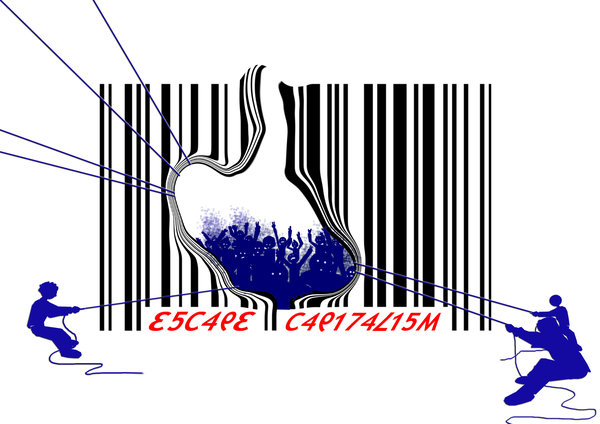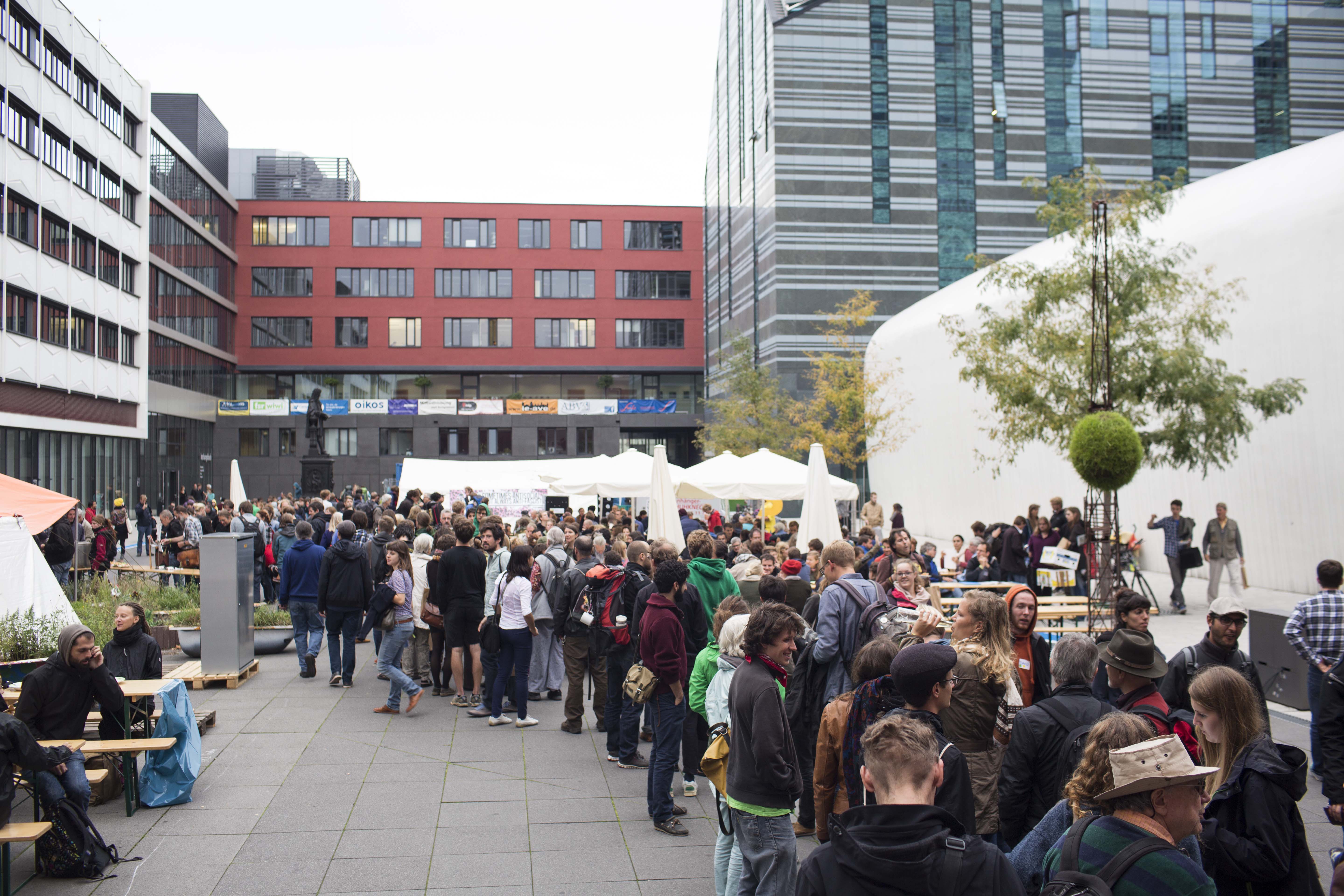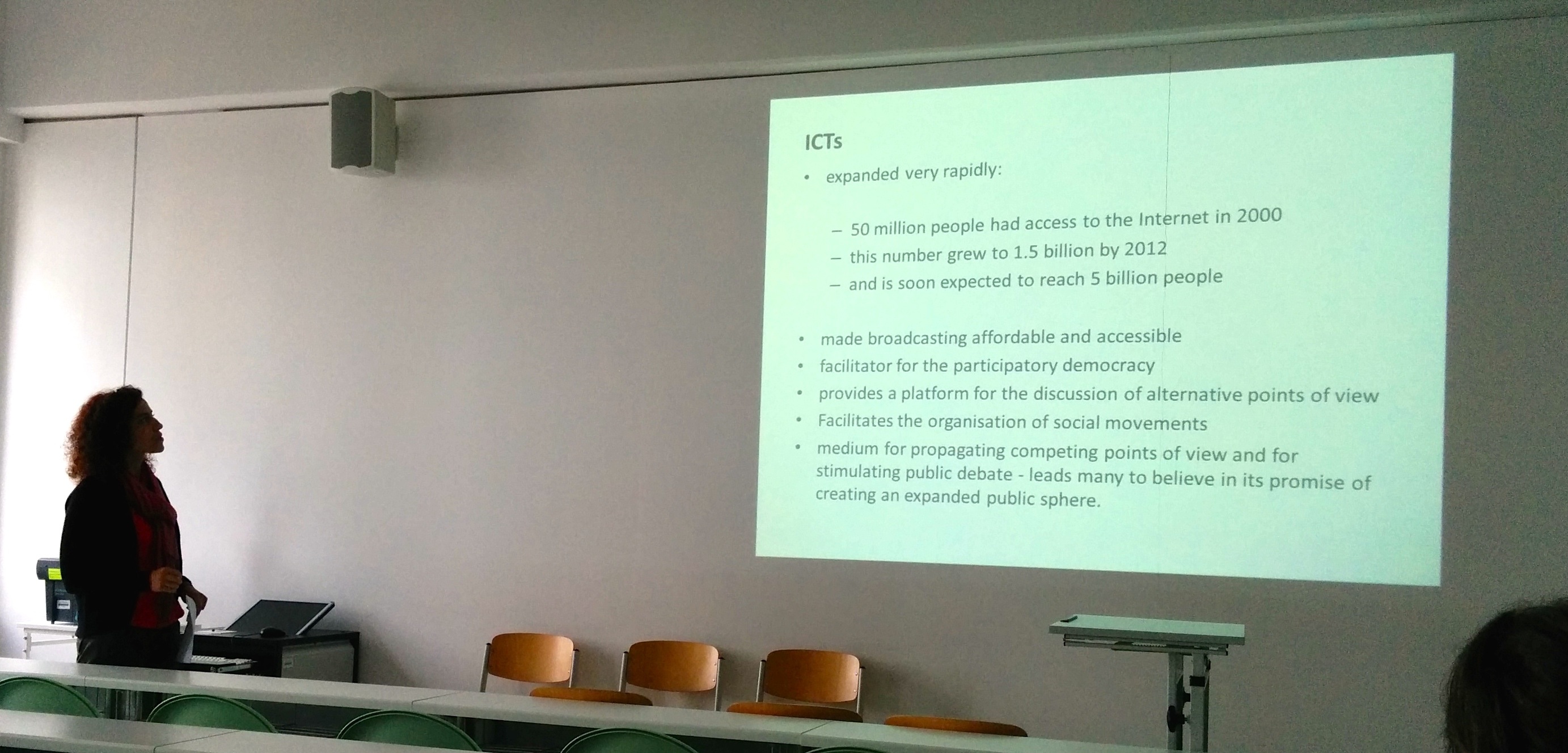 In the past year we have launched a survey worldwide for mapping degrowth realities in the world. 114 organisations answered to the call, with nearly 3,000 active people engaged, mostly located in Europe but also in North and South America, Philippines, Tunisia, Turkey, etc. On August 20th 2018, some members from each of them met for the first time in Freetown Christiania (Copenhagen, Denmark). We exchanged good practices around ecological sustainability and social equity, discussed about the future of the planet, and initiated several international working groups (activists and practitioners; researchers; politics; artists; collective actions; communication; education; etc.) that later met throughout the 6th international degrowth conference, which took place in Malmo, Sweden (August 21-25). In the upcoming months, such groups will work in order to provide opportunities for many people in the world to engage in the degrowth movement locally as well as to diffuse degrowth (theoretically and practically) in their own habitats. As an example, the 1st June 2019 we will launch the “Global Degrowth Day - Good Life for All”, with multiple actions all over the world (further information will be available soon).
Everyone is welcome to join and animate such groups (you can find attached the call for activism and research groups)!
Here you can find the map of the first degrowth realities in the world: https://map.degrowth.net. In the future the map will be automated. Until then, if your organisation wants to be mapped, please fill the survey.
At the same time, you can find an index to get in contact with the groups, as well as a set of tools for communication and collaboration on https://degrowth.net/.
For further information about how to get involved please visit https://degrowth.net/act or write to activism@groups.degrowth.net
The Support Group of the international degrowth conferences
(pro tempore facilitator of this process)
In the past year we have launched a survey worldwide for mapping degrowth realities in the world. 114 organisations answered to the call, with nearly 3,000 active people engaged, mostly located in Europe but also in North and South America, Philippines, Tunisia, Turkey, etc. On August 20th 2018, some members from each of them met for the first time in Freetown Christiania (Copenhagen, Denmark). We exchanged good practices around ecological sustainability and social equity, discussed about the future of the planet, and initiated several international working groups (activists and practitioners; researchers; politics; artists; collective actions; communication; education; etc.) that later met throughout the 6th international degrowth conference, which took place in Malmo, Sweden (August 21-25). In the upcoming months, such groups will work in order to provide opportunities for many people in the world to engage in the degrowth movement locally as well as to diffuse degrowth (theoretically and practically) in their own habitats. As an example, the 1st June 2019 we will launch the “Global Degrowth Day - Good Life for All”, with multiple actions all over the world (further information will be available soon).
Everyone is welcome to join and animate such groups (you can find attached the call for activism and research groups)!
Here you can find the map of the first degrowth realities in the world: https://map.degrowth.net. In the future the map will be automated. Until then, if your organisation wants to be mapped, please fill the survey.
At the same time, you can find an index to get in contact with the groups, as well as a set of tools for communication and collaboration on https://degrowth.net/.
For further information about how to get involved please visit https://degrowth.net/act or write to activism@groups.degrowth.net
The Support Group of the international degrowth conferences
(pro tempore facilitator of this process)
This map shows degrowth realities world-wide. They have registered themselves as part of survey launched by the international Degrowth Support Group in 2017. Until August 2018, 114 organisations answered the call, with nearly 3,000 active people engaged. The groups are mostly located in Europe, North and Latin America, but there are also some in Asia. You can get more information and the group's contact by clicking on the green icon.

Green growth advocates praise resource efficiency for its potential to incentivize the economy and lower its ecological impact. On the other hand, the Jevons Paradox, describes multiple situations (or rebound effects) in which increased efficiency leads to further consumption (either direct or indirect) which offsets the initial ecological benefits achieved. In this piece, I join this discussio...

By Christiane Kliemann When talking about building alliances - the focus of the third conference day - the issue of equality immediately comes into view, as there are many dimensions of inequality deeply rooted in the current growth-based economic model. In order to overcome this model, all these dimensions need to be addressed and all possible change-agents equally taken on board. Adelhei...

By Chris Ward In the scientific paper session on technological solutions for a degrowth society, it was refreshing to hear someone (unsurprisingly an engineer) mention that the degrowth movement could do with more practical projects and methodologies to run alongside the theoretical discussions. The OAE Project: Open Data and Open Source software for a sustainable economy The OAE project a...